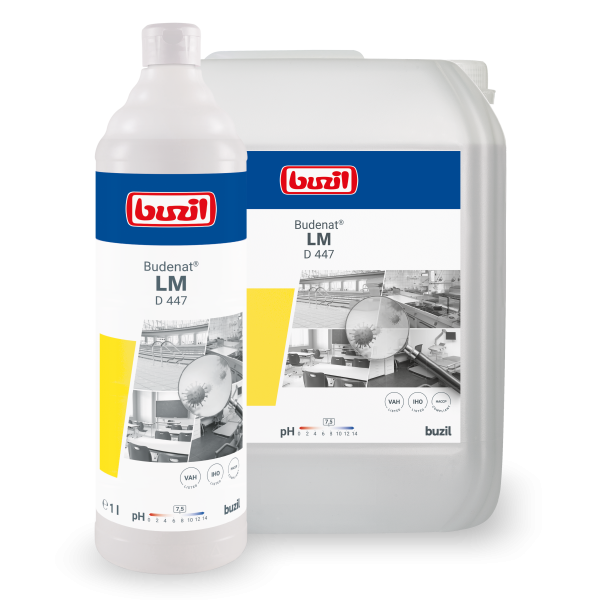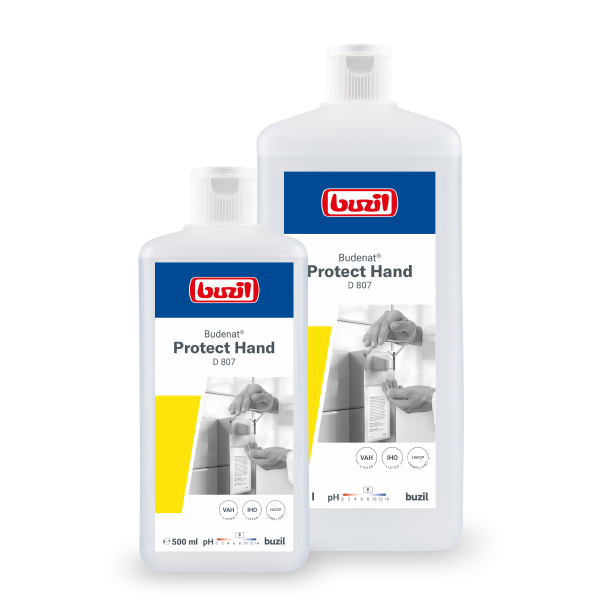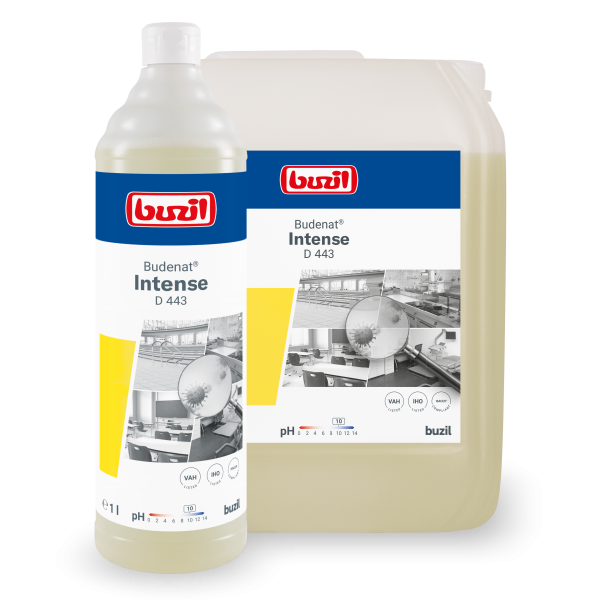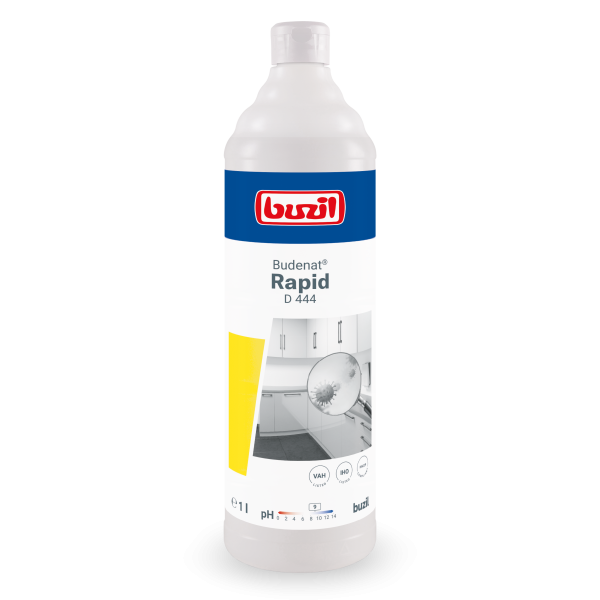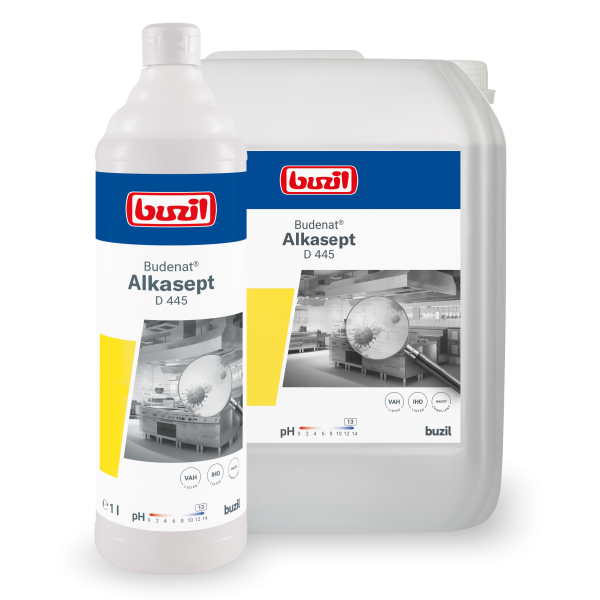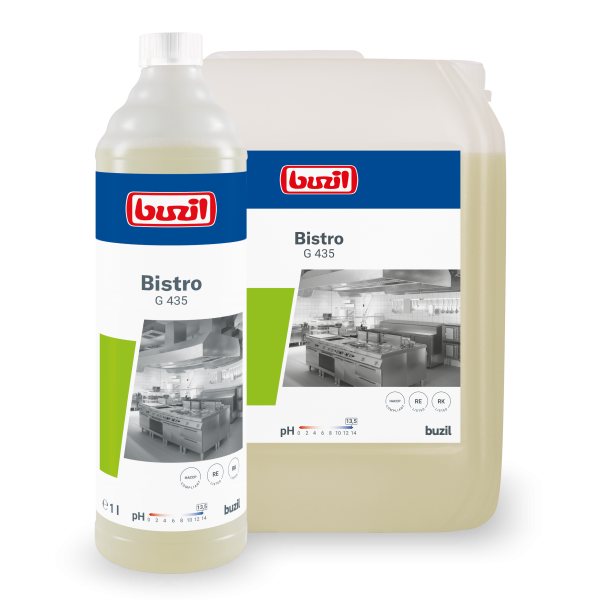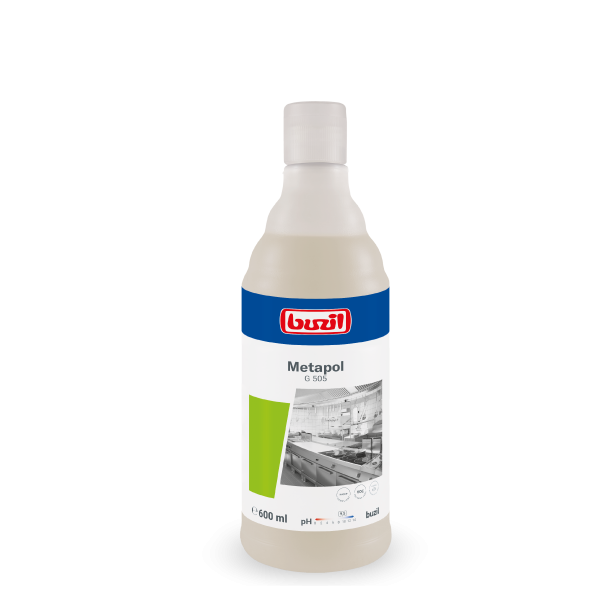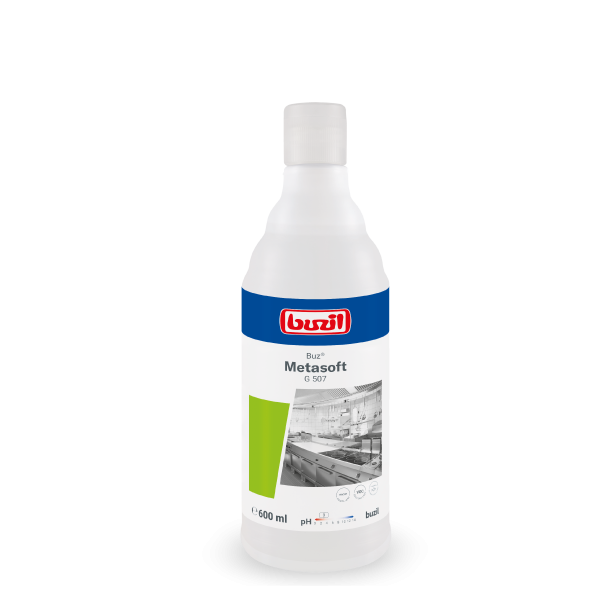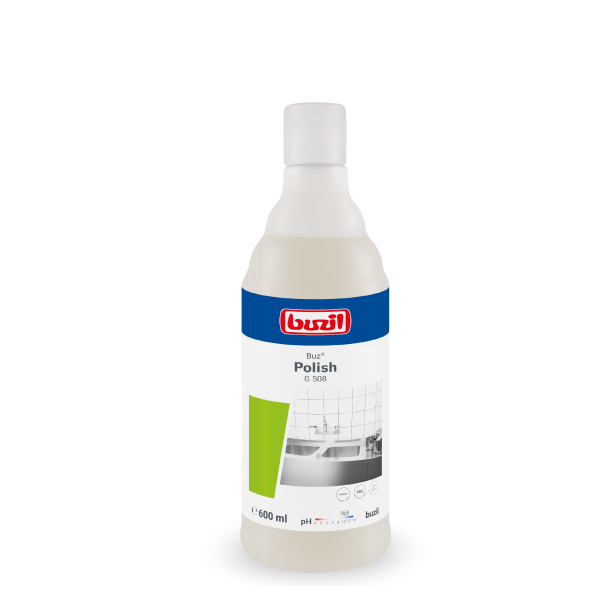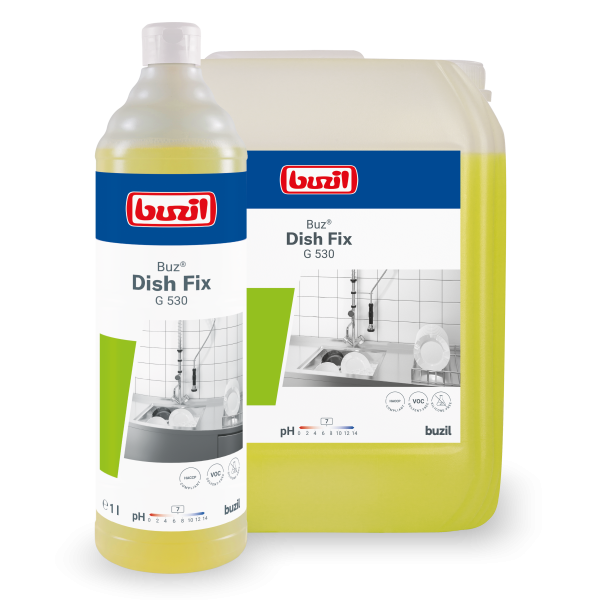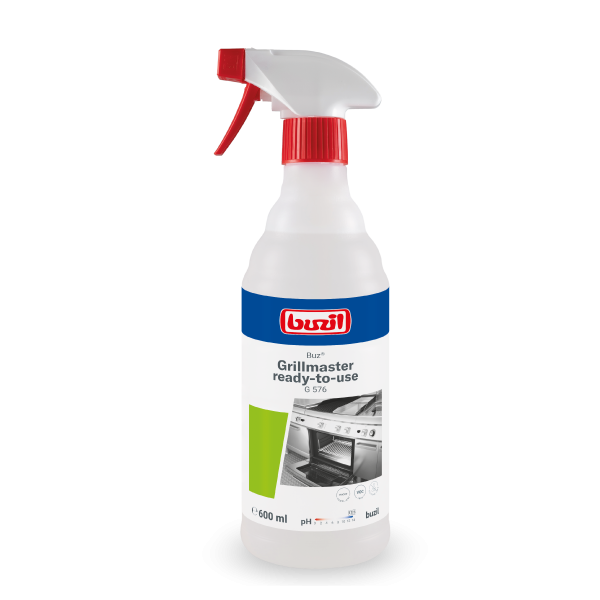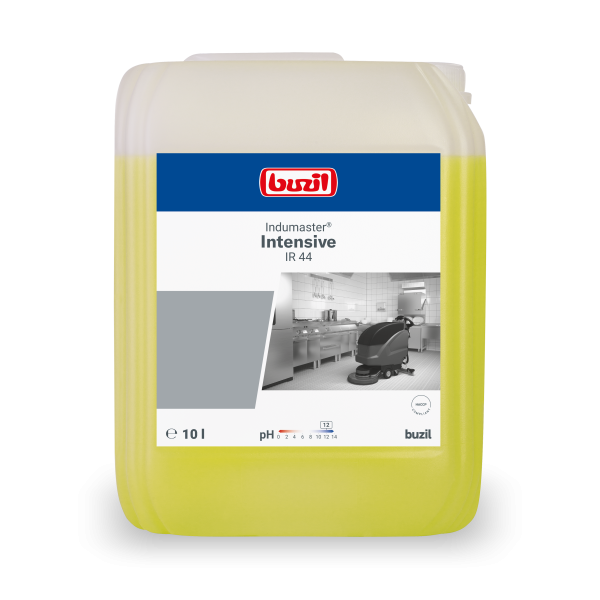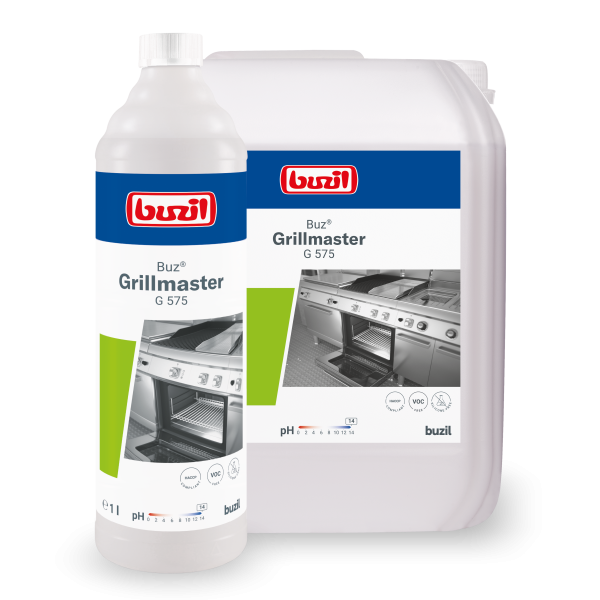Utilization
Soiling
-
Normal soiling (dust, beverage stains, insect stains, etc.)
-
Microbes (bacteria, viruses etc.)
Material compatibility
-
Cast stone and terrazzo | bitumen-bound
-
Travertine
-
Ceramic tiles
-
Enamel
-
Stainless steel
-
Granite
-
Basalt
-
Table linoleum
-
Lacquered surface
-
Laminate | Click
-
Slate
-
Cement and concrete screed
-
Sandstone
-
Copper
-
Chrome
-
Belgian granite
-
Conductive floor coverings
-
Brass
-
Plastics
-
Wooden floor | sealed
-
Artificial leather
-
Rubber | smooth
-
Quartz vinyl
-
Rubber | textured
-
Porcelain stoneware tiles
-
Washed concrete
-
Gabbro
-
Quartzite
-
Magnesite screed
-
Shell limestone
-
Linoleum | uncoated
-
Aluminium | powder-coated
-
Concrete stone and terrazzo | non-calcareous
-
Stone carpeting
-
Polyurethane sports halls | uncoated
-
Enomer
-
Linoleum | PU seal
-
Wood surface | sealed
-
Linoleum | coated
-
Green sandstone | Anröchter stone
-
PVC | PU seal
-
Safety tiles
-
Polyolefin
-
Rubber sports / multi-purpose halls | uncoated
-
Resopal
-
Gabbro | Nero Assoluto
-
Solnhofer plates
-
Clinker and terracotta
-
Marble and Jurassic
-
Asphalt flooring
-
Linoleum sports / multi-purpose halls | coated
-
Linoleum sports / multi-purpose halls | uncoated
-
PVC | homogeneous
-
PVC sports / multi-purpose halls | coated
-
PVC | heterogeneous, multilayer
-
Concrete stone and terrazzo | calcareous
-
Cork flooring | sealed
-
Design vinyl
-
Aluminium | indoor
-
PVC safety flooring
-
Synthetic resin filler coverings
-
PVC composite decking
-
Gneiss
Product Information
- Cleaning and disinfection in one step
- Effective against bacteria and yeast
- Spectrum of activity: bactericidal, yeasticidal, limited virucidal
- For sensitive surfaces
- Especially suitable for application on acrylic glass
- PH-neutral and therefore compatible with the material
- Aldehyde-free
- VAH and IHO listed
- Meets the requirements within the framework of an HACCP concept
Area of application
- ideal for use in kitchens, food areas, nursing and retirement homes, fitness and wellness areas as well as public facilities, etc.
- for the entire sanitary, wet and swimming pool area
- Sunbeds and fitness equipment etc.
- all water-resistant materials, surfaces and floor coverings
Application and dosage
- Recommended use for surface disinfection (spectrum of effects/exposure times):
- bactericidal, yeasticidal – VAH / EN 13697: low load, with mechanics 5 min. 1.0 %
- limited virucidal – EN 14476: low load 5 min. 2.0%
- First remove coarse dirt from the surface.
- Then, with the help of a cloth, sponge, mop or suitable materials, wet the surface with an appropriately concentrated application solution.
- Let it dry or rinse after the exposure time has elapsed.
-
100 - 200 Millilitre / 10 liter Water
-
100 - 200 Millilitre / 10 liter Water
- Apply fresh application solutions and consume them within 24 hours at the latest.
Note
- Active ingredients: 100 g contains: 3.35 g of alkyldimethylbenzylammonium chloride, 3.30 g of alkyldimethylethylbenzylammonium chloride, 3.35 g of didecyldimethylammonium chloride.
- No direct treatment of food.
- Treat only smooth (non-absorbent/non-porous) materials.
- Surfaces that come into contact with food or the skin must be rinsed with drinking water after disinfection.
- Use biocides safely. Always read the labelling and the product information before use.
- Do not allow the product to enter the sewage system or water bodies undiluted.
- Contribute emptied packaging to recycling.
- Absorb unintentionally released product with liquid-binding material (sand, diatomaceous earth, universal binder).
- Recommended storage temperature: 5 - 25 °C.
- Changes or variations in colour of the product do not impact on the quality. The product image may differ in colour and shape from the original.
- Commercial use only
Tips and tricks
no cleaning performance
choose a problem solver, e.g. Buz® Mark Ex G 559, Clean Up G 555, Buz® Point G 502, Buz® Metasoft G 507
Stripes and/or film on the surface
Rinse thoroughly with clean water
Surface damage (discoloration, swelling of material, etc.)
check chemical and water compatibility
low / weak cleaning performance
choose a disinfectant cleaner, e.g. Budenat® Intense D 443, Budenat® Alkasept D 445
no cleaning performance
choose a disinfectant cleaner, e.g. Budenat® Intense D 443, Budenat® Alkasept D 445
Environmental Information
Proportion of easily degradable ingredients
100 %
Phosphorus content
0 mg/g
Palm oil-based raw materials - RSPO-certified share
100 %
The proportion of easily degradable ingredients refers to the proportion of organic ingredients that are defined as “easily biodegradable” according to OECD 301 or Detergent Regulation (EC) No. 648/2004. The value of the phosphorus content refers to elemental phosphorus. Palm oil is an important renewable source for the production of raw materials. The Roundtable on Sustainable Palm Oil (RSPO), founded in 2004, promotes sustainable cultivation methods for palm oil. This results in a certification system and the possibility of declaring raw materials as “RSPO-certified”.
Sales units
- D447-0001RA: 12 x 1 l bottle
- D447-0010RA: 1 x 10 l canister
- D447-0200RA: 1 x 200 l drum
Classification according to CLP
Danger marking
Danger
Hazard information
- H314: Causes severe skin burns and eye damage.
- H400: Very toxic to aquatic life.
- H411: Toxic to aquatic life with long lasting effects.
Safety instructions
- P273: Avoid release to the environment.
- P280: Wear protective gloves/protective clothing/eye protection/face protection.
- P303+P361+P353: IF ON SKIN (or hair): Take off immediately all contaminated clothing. Rinse skin with water or shower.
- P305+P351+P338: IF IN EYES: Rinse cautiously with water for several minutes. Remove contact lenses, if present and easy to do. Continue rinsing.
- P310: Immediately call a POISON CENTER/doctor.
- P501: Dispose of contents/containers in accordance with local and national regulations.
Download area
- Operating instructions
- Safety Data Sheets
- Technical Data Sheets
- Environmental Information
- Association for Applied Hygiene (VAH)

